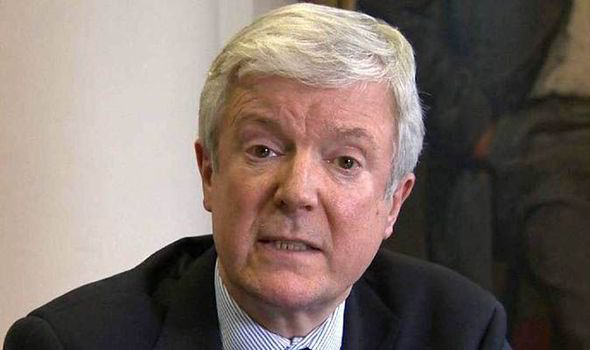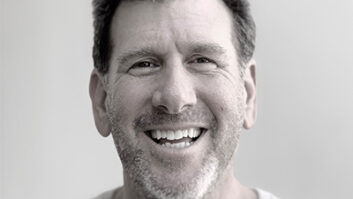
BBC director general Tony Hall has refuted suggestions the BBC has acted illegally with regards to equal pay.
He has also urged any staff suffering from the issue to come forward.
“I don’t believe there has been illegality in the BBC to a point where someone said, ‘You’re a woman, therefore you’re going to be paid less’,” Hall told Channel 4 News.
The comments follow the BBC’s audit of on-air talent, which revealed a 6.3 per cent gender pay gap. The Corporation concluded, however, that there was “no evidence of gender bias” in decisions around pay.
Hall said: “What is absolutely unacceptable in any workplace, is for someone to say ‘the BBC doesn’t do equality or go away you’re a woman’ that is just not right and that is not the workplace that I want and that is not a workplace that I think woman should want either.
“That’s what I want to change and this is a cultural change in all sorts of ways.
“I have said very clearly that where people think there are issues of inequality or pay unfairness, it could be one or the other, they must bring them to us now.”
Hall also stated the Corporation is looking into a £320,000 upper salary limit for news presenters, on the back of ongoing scrutiny following salary revelations in summer 2017.
Only 12 of the 42 journalists listed were women. BBC Radio Two’s Jeremy Vine was the highest-paid presenter on up to £749,999 a year, with the Today programme’s John Humphrys behind him on up to £649,999 a year. Fiona Bruce was the highest-paid female journalist, earned up to £399,999 a year.
Humphyrs and Vine, as well as several other high-profile BBC names, have since accepted a reduction in salary.
Hall said: “Presenters are the link between our audiences and ourselves, and a lot of presenters and a lot of editors I know too, work their socks off, they work very, very hard indeed and we need to reflect that in pay.
“What we’re saying today is, in some cases in news, we’ve been paying people too much, because actually the market in news is not the same market that there is in entertainment or drama.
“So for a few people they are going to be more highly paid, we’re conscious of the fact, I’m always conscious of the fact we’re spending licence fee payers money, but I think that connection we have with our audience is worth every penny.”
Hall concluded: “If there are women, and we’ve had over 90 cases already where people have said we’ve had to have pay adjustments, I’m sorry they’ve had to go through all that process to do that. Some of them as it happens are men and I’m sorry to them too.
“I’m responsible for this organisation and, as one human being to another, that should not happen.”







